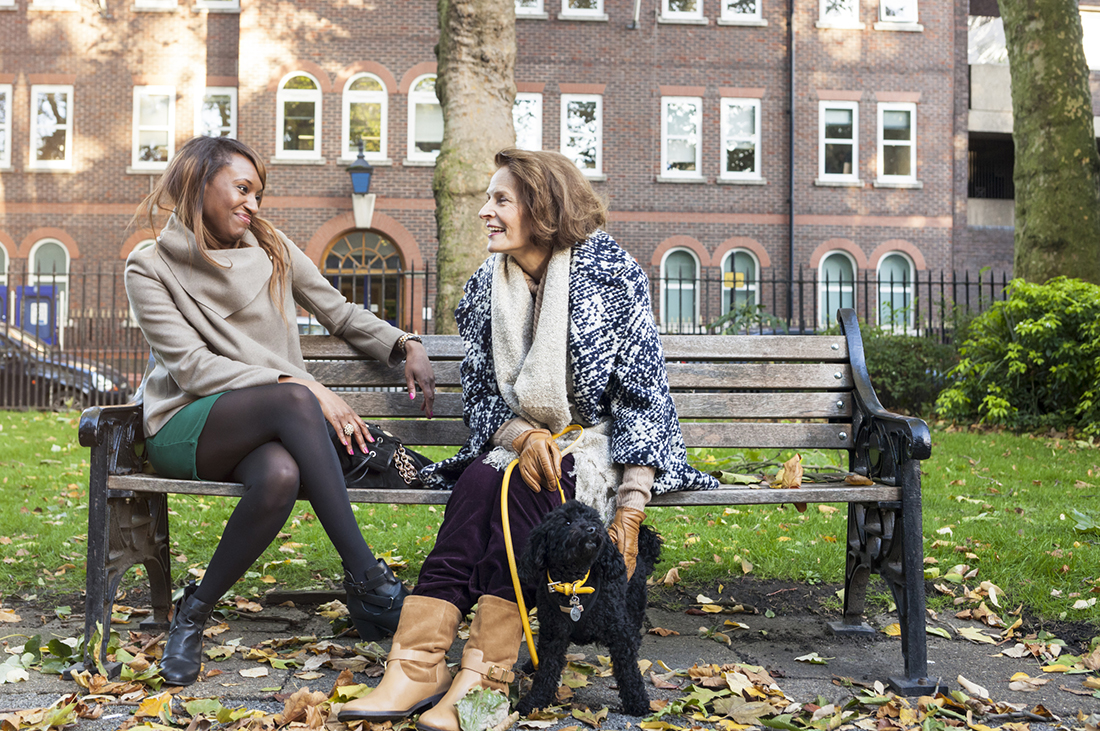The UK’s ageing population means we’re increasing likely to engage with and have conversations about this demographic. But the language we as society are using is problematic and one of the biggest contributors to the deep-rooted, and often subconscious, ageism that exists in the UK today.
In using ageist language, we are defining people not only by their age, but by stereotypes associated with it. For example, telling someone that they look great for their age might seem like a compliment, but behind that well-intended statement is the fact that we expect a person of a certain age to look less good.
In Age UK’s Index of wellbeing, meaningful engagement has been identified as the most important aspect of enjoyment of life for older people. A significant part of engagement is social interaction, but if the way we’re interacting with this demographic is in fact detrimental to their happiness, then we need to act – now.
To find out first hand how ageist language affects those at the heart of society, we spoke to a number of residents from our Inspired Villages communities. We asked them what sort of language people should use when speaking to older people, to which Inspired Villages resident John responded: “Why should it be any different to how they speak to someone else? Why should we be treated any differently? There’s no reason at all. We’re the same people.”

